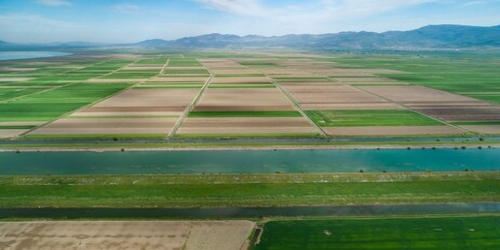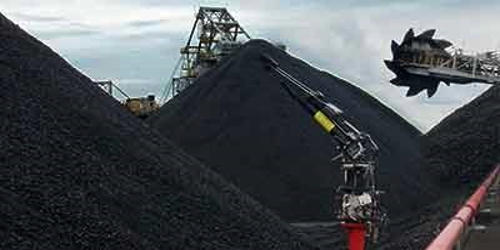Importance of Agriculture in Rural Development
Agriculture plays a significant role in rural development by way of employment creation, food production, and livelihood. Agriculture’s important role is one of production, both food for the rural and the urban population and of cash crops for the export market, to earn foreign currency. Almost 60% of the world’s population i.e. 450 Crores (roughly) depends directly on agriculture and its allied sectors for their living. In this process, demand is stimulated for other products and services, and employment opportunities emerge to absorb the society’s work-force. Agriculture plays a significant role in rural development by making the villages self-sustainable. With better agriculture yield and growth prospects in a village, development is evidently the next natural thing to happen. The land is a basic resource for most countries and the exploitation of that resource in the interest of its citizens is one of a country’s main responsibilities.
World Statistics of Agriculture
Farming is the fabric of rural society and, in many countries of the world, it is the main economic activity. Rural development is a process integrated with economic and social objectives, which must seek to transform rural society and provide a better and more secure livelihood for rural people. Agriculture is an industry that has the potential to end poverty and misery around the world. The main potential contributions of farming to rural development are in terms of supporting employment, ancillary businesses, and environmental services. A little more than half of the world’s population i.e. 450 Crores depends on agriculture for livelihood. Rural development, therefore, is a process of analysis, problem identification, and the proposal of relevant solutions. Rural development policies should exploit the contribution of farming, both in terms of improving on-farm activities and supporting ancillary services, to secure sustainable development for rural areas. Studies reveal that agriculture is the prime source of income for 65% of the world’s poor adult population. Also, agriculture contributes to 6.4% of the world’s total economic production, which roughly sums up to $5,084,800 million.
Rural development strategies usually take the form of programs that implement projects in a specific rural area. On the contrary, despite such a huge potential of agriculture in improving the economy and eliminating poverty, the rural population in most parts of the world faces slow social and economic development. In rural areas throughout the world, agriculture represents the predominant land use and a major component of the viability of rural areas. The farmers, who provide food for almost the entire world population has very low or no access to modern amenities as in urban centers. Farming and related activities make up the basic fabric of rural life, contributing significantly to the overall state of rural regions in terms of employment and business opportunities, infrastructure, and quality of the environment. They considerably lag behind in education, health, and other sectors.
Rural development is understood primarily in the economic sense of the process of assuring a progressive improvement in the economic security of people in rural areas. Nearly 80% of the population in Asia and Sub-Saharan Africa that also supports the livelihood of 2.5 billion people face economic and social marginalization. It has already made a significant contribution to the economic prosperity of advanced countries and its role in the economic development of less developed countries is of vital importance.
Conclusion
The right of countries to pursue rural development policies in which agriculture plays a key role must be recognized. Agriculture and Rural Development are two different aspects, yet they are also co-related. While agriculture hugely contributes to sustaining rural economy and strengthening its social structure, reducing poverty, etc; rural development, on the other hand, includes developments in the agriculture sector as well as other sectors like health, education, roads, industrialization, and others.
The agricultural sector plays a strategic role in the process of economic development of a country. In fact, raw materials are so important in production that the economic health of a country strongly depends on how many raw materials it possesses. The agriculture sector is obviously benefited by infrastructure development, because of better access to markets and urban trade centers.
















